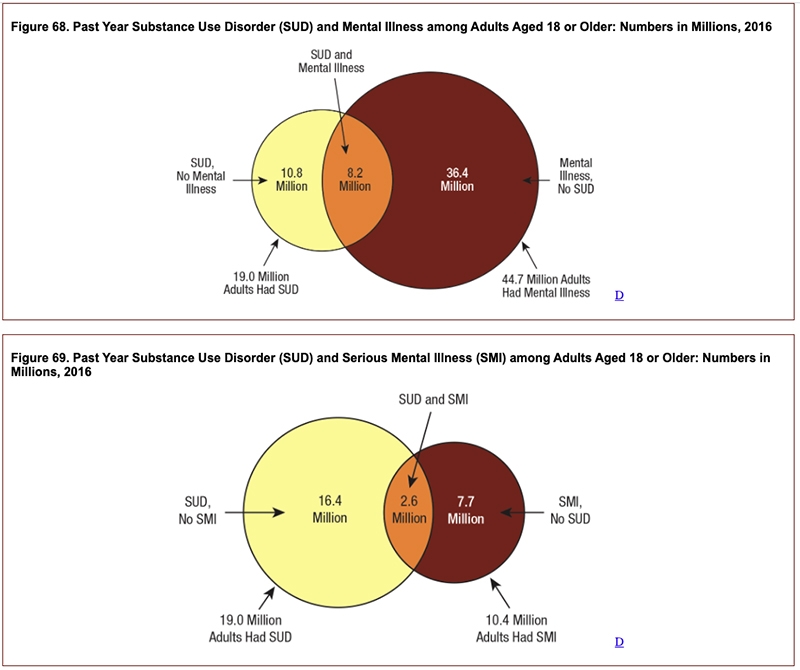International Overdose Awareness Day is a global event held annually on August 31 and aims to raise awareness of overdose and reduce the stigma of a drug-related death. We spoke with Elisa Gumm, MD, the Director of the University of Arizona Psychiatry Department’s Addiction Fellowship Program about the importance of awareness and advocacy in treating addiction, and also discussed the Addiction Fellowship program and the need for providers in the field of addiction.
 What is the correlation between mental health issues and addiction?
What is the correlation between mental health issues and addiction?
About half of those who experience a mental illness during their lives will also experience a substance use disorder. Often, because of a lack of screening and the preconceptions about certain populations, many are not correctly diagnosed. These populations include some of our most vulnerable: elderly and adolescents. We see a significant overlap, yet this population continues to lack appropriate treatment. Of those with mental health and substance use disorders, only 6.9% receive specialty mental health and addiction treatment. Of those with severe mental illness (SMI) and substance use disorders, only 12.3% receive specialty mental health and addiction treatment.
How prevalent are addiction issues in Arizona?
While the pandemic continues, the Opioid Epidemic continues to be an issue. We have seen an increase in opioid overdoses, drug overdoses overall, and relapses while treatment resources have had to reduce capacity or limit interactions to video or telephone. In Southern Arizona, we continue to see a sustained increase in fentanyl overdoses. Other substances such as cannabis and amphetamines have been contaminated with fentanyl, causing accidental overdoses. For those using other illicit drugs, we recommend obtaining fentanyl test strips to be able to test any substances prior to using.
Given the overdose problems in Arizona, how does the Psychiatry Fellowship program help treat and address addiction in the community? What training do the Fellows get in addiction?
The Fellows are educated on all substances and addictions because opioids are not are most prevalent drug of use in Arizona. Fellows are physicians who chose to do addition subspecialty training after completing a core residency in areas such as Psychiatry, Family Medicine, Internal Medicine, Emergency Medicine, etc. This Fellowship focuses on specialized Addiction Medicine modalities and interventions. To treat patients, they are educated on the traditional medicine foundations such as pharmacology, physical exam, and disease management. In addition, we ensure they have intense training in Motivational Interviewing, and are exposed to other therapies. We incorporate holistic approaches in our didactics. The fellows rotate through a variety of services including the VA, University of Arizona, and community partners (CODAC, New Beginnings, Sierra Tucson, In Balance Academy). They learn to treat all ages from birth on. They work with a variety of socioeconomic backgrounds and ethnicities. The fellowship also collaborates with the University to provide addiction trainings to rural areas and provide mentorship to help spread addiction modalities.
Why is it significant that the Addiction Fellowship program is increasing the number of Fellows through funding from the 5-year, $1.4 million federal grant from the Health Resources and Service Administration?
Tucson and Arizona as whole lacks a sufficient number of addiction-specialized physicians who provide evidence-based treatments, lead inter-disciplinary teams, and provide life-saving medications. Additionally, increasing access in rural and underserved areas is a priority of the Addiction Medicine Fellowship, and the University of Arizona, and we will be able to do this by growing the program.
Learn more about the Addiction Fellowship program at its website.
Resources
Find local resources and support groups here. Also visit OverdoseDay.com and its resources page. To obtain fentanyl test strips and naloxone, visit the Sonoran Prevention Works website or call them at 520-442-7688.

